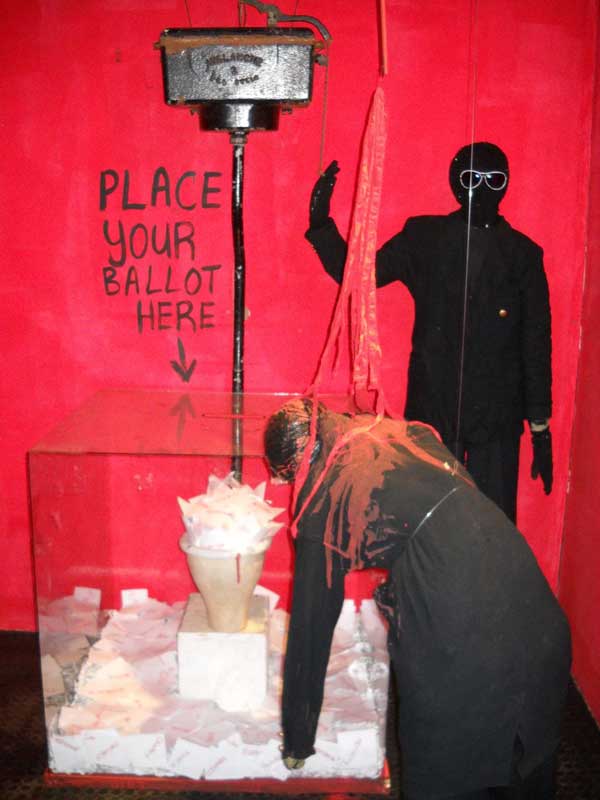Prime Minister Tsvangirai must order Chombo’s investigation
Friday, September 3rd, 2010 by Bev ClarkThe Union for Sustainable Democracy recently released this statement:
Prime Minister Tsvangirai must order Chombo’s investigation
The Union for Sustainable Democracy urges Zimbabwean Prime Minister Tsvangirai to act decisively by ordering a swift probe into minister Chombo’s alleged corruption and misconduct.
Yesterday the MDC issued a Press Release calling upon ‘… the inclusive government to urgently investigate Local Government, Rural and Urban Development minister, Ignatius Chombo.’
While USD shares the view that Chombo has become nothing short of a menace to local governance as he continually disrupts the free flow of competent services, we bemoan the fact that, despite being the majority party in the unity government, all the MDC does is call upon the unity government to investigate Chombo.
Of course Chombo should be arrested, tried and, if convicted, sacked. However, if the MDC itself does not move to implement the investigation of Chombo, who the hell will? Why Prime Minister Morgan Tsvangirai does not simply go ahead and order an investigation is baffling to everyone who has put their trust in the MDC.
It is this kind of timidity and stunning lack of clout that enables ZANU PF – supposedly the junior partner in the inclusive government – to trample on the MDC with arrogance and impunity. Progress has stalled on many fronts because of this seemingly political ineptitude on the part of the MDC.
It is a facile to suggest that the MDC as a party and the MDC as a partner in the inclusive government are two separate entities. Of course they are one and the same.
If instituting a mere investigation is too daunting a task, how much more frightening must it be for the MDC to approach President Mugabe on more fundamental political reforms? And what is the prospect of doing so successfully?
USD calls on the MDC to rethink its approach to dealing with issues in the so-called inclusive government.
Issued by the Information & Publicity Department Union for Sustainable Democracy www.usd.org.zw










